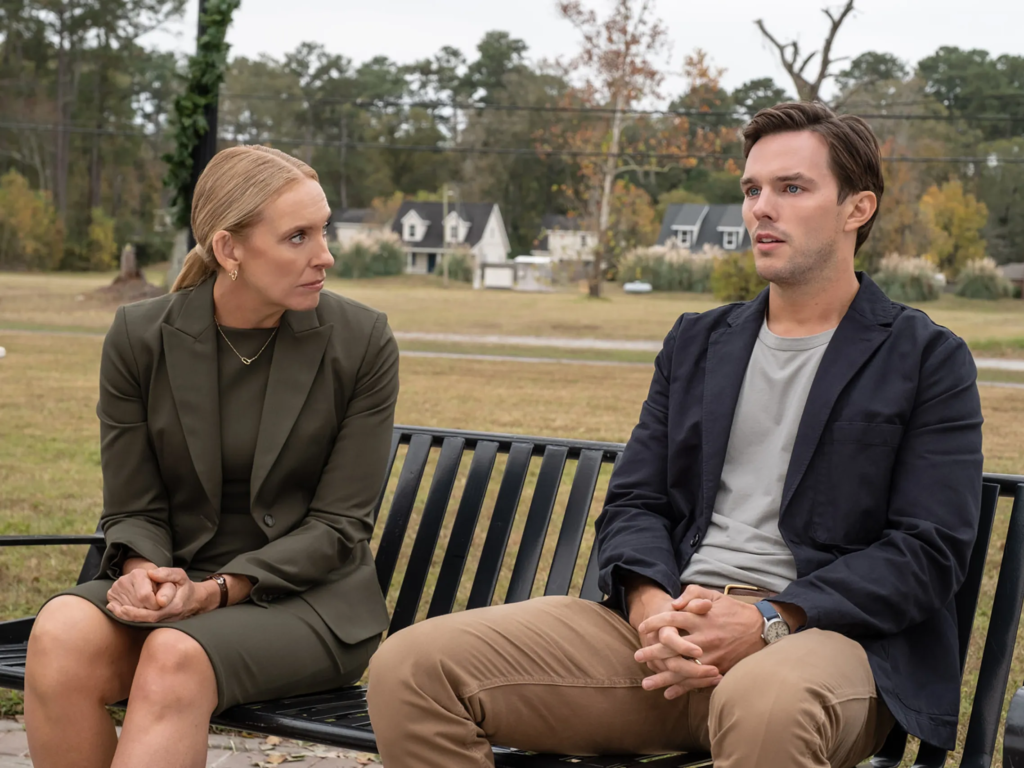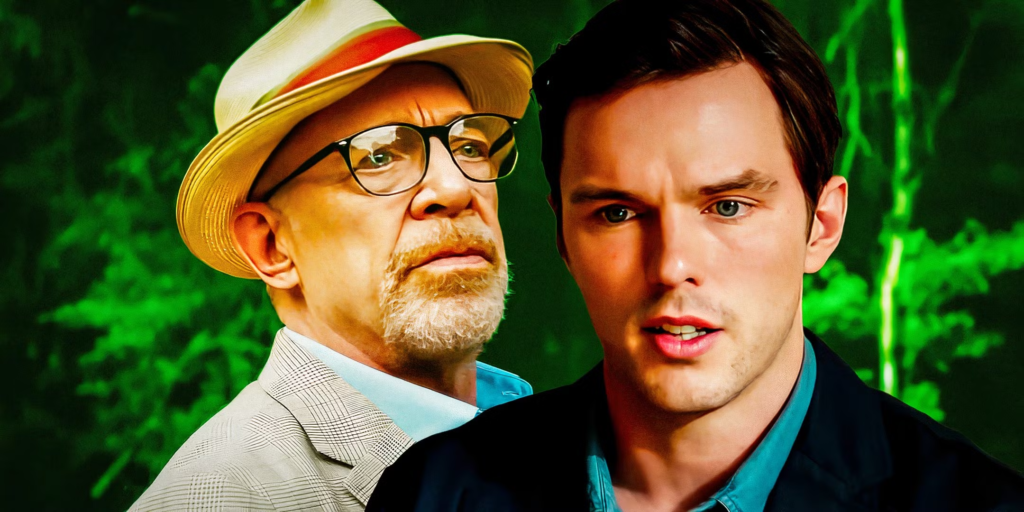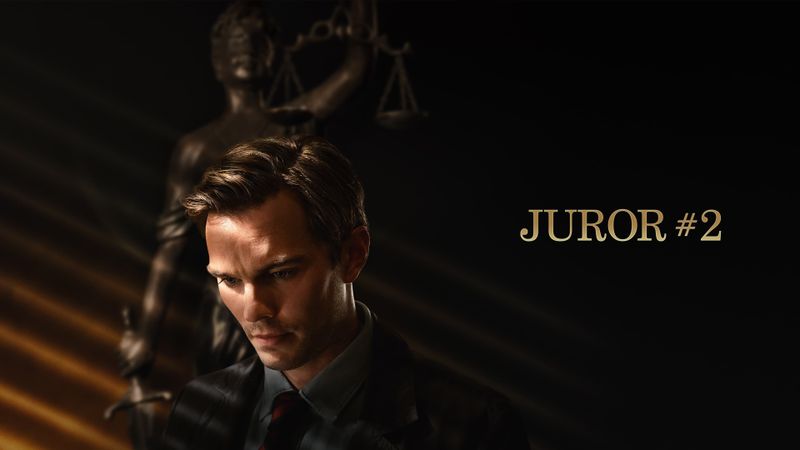The concept of a jury trial is one of the cornerstones of many judicial systems worldwide. Among the jurors, each individual—from the foreperson to the last member—has a unique perspective and contributes to the collective decision-making process. One specific role, often overlooked but crucial in fictional and real-life scenarios, is that of Juror #2. In this article, we will delve into the responsibilities, portrayal, and significance of Juror #2 in the judicial process.
Understanding the Role of Juror #2
Juror #2, like every other member of a jury, is tasked with examining evidence, deliberating with fellow jurors, and arriving at a fair verdict. However, the specific dynamics of this role often depend on:
- Positioning and Interactions: Juror #2’s numerical position might subconsciously influence how they are perceived in the deliberation room. Positioned early in the sequence, they may set the tone for discussions after the foreperson.
- Representation in Media: In films and literature, Juror #2 is sometimes portrayed as a secondary yet pivotal character, reflecting the diversity of opinions within a jury.
- Individual Responsibility: Regardless of their position, Juror #2 carries the same legal and ethical obligations as their peers, ensuring that personal biases do not cloud their judgment.

Famous Depictions of Juror #2 in Pop Culture
Courtroom dramas have long fascinated audiences, and many iconic stories center around the dynamics of jury deliberation. Juror #2 often plays a subtle but impactful role in shaping the narrative. Let’s examine a few examples:
1. “12 Angry Men”
One of the most notable portrayals of a jury is found in the 1957 classic film 12 Angry Men. In this cinematic masterpiece, Juror #2 is characterized as timid and hesitant but ultimately essential in the unfolding deliberation. Their transformation from a passive participant to a more assertive voice mirrors the broader theme of justice prevailing through collaborative reasoning.
2. Television Dramas
Modern TV shows like Law & Order or The Good Wife often feature jurors as background characters, yet Juror #2 can sometimes emerge as a symbol of the “average citizen.” Their role often highlights the human element of judicial proceedings, emphasizing emotions, personal dilemmas, and moral conflicts.
The Psychological Influence of Juror #2 in Deliberations
Studies on group psychology suggest that individuals’ behavior in a jury setting can be influenced by their assigned role and number. Juror #2 might face unique challenges and opportunities:
- Conflict Mediation: Positioned near the foreperson, Juror #2 might act as a mediator during heated debates, often trying to bridge differing opinions.
- Initial Impressions: Early interactions in the jury room can shape the perception of Juror #2, potentially positioning them as either a leader or a follower.
- Cognitive Bias: Juror #2’s decisions may be swayed by how evidence is presented or by dominant personalities within the group.
Real-Life Importance of Juror #2
While fictional depictions are intriguing, the real-life responsibilities of Juror #2 are equally significant. In actual jury trials, Juror #2 has the same duties as their peers, including:
- Listening attentively to testimonies and evidence.
- Ensuring that their decisions align with the law and presented facts.
- Participating actively in deliberations to avoid a hung jury.
Real cases demonstrate how a single juror, including Juror #2, can influence outcomes by asking critical questions or challenging prevailing narratives. Their involvement underscores the importance of diversity and individual agency within a jury.

Challenges Faced by Juror #2
1. Pressure to Conform
Juror #2 might feel pressured to align with the majority opinion, particularly in contentious cases. This conformity bias can hinder independent reasoning and compromise the integrity of the verdict.
2. Emotional Burden
Deliberating on sensitive or high-stakes cases can be emotionally taxing. Juror #2, like all jurors, must balance empathy with objectivity to render a just decision.
3. Ethical Dilemmas
Navigating personal beliefs while adhering to the law can be challenging. Juror #2 must prioritize legal principles over personal preferences to fulfill their duties.
Improving the Experience of Juror #2 and Fellow Jurors
To enhance the efficacy and experience of jury members, including Juror #2, judicial systems can:
- Provide Clear Instructions: Comprehensive guidelines about legal procedures and responsibilities can empower Juror #2 to contribute effectively.
- Foster Open Communication: Encouraging respectful dialogue during deliberations ensures every voice, including Juror #2’s, is heard.
- Offer Emotional Support: Access to counseling services for jurors involved in traumatic cases can alleviate emotional stress.
Conclusion: The Significance of Juror #2 in Pursuit of Justice
Juror #2 may appear as just another participant in the jury process, but their role is a vital thread in the fabric of justice. Whether depicted in pop culture or serving in real-life courts, Juror #2 symbolizes the collective responsibility of citizens to ensure fair trials and uphold democratic principles. By understanding and valuing their contribution, we gain deeper insight into the complexities and importance of jury deliberations.
